Badisa Mosesane, an undergraduate scholar who studies computer science at the University of Botswana in Gaborone, recently joined other students from developing nations around the world in Geneva, Switzerland to participate in the European Organization for Nuclear Research (CERN) Summer Student Program.
Each year, advanced undergraduate and beginning graduate students from developing countries who study physics, computing and engineering are encouraged to apply—and it’s very competitive! In 2016, 137 students from 60 countries were represented and more than 1,000 have participated since the program began in 2003.
For eight weeks this summer, Badisa will attend lectures, and work side-by-side with student-peers and scientists from a range of disciplines on some of the world’s biggest experiments. The students will have the opportunity to foster a multinational, interdisciplinary professional network that will prove useful throughout their careers. Badisa is assigned to the Experimental Physics Neutrino group where he is assisting with the development of a web-based app that will visualize data from the ProtoDUNE project.
From the CERN web site: “The protoDUNE experimental program is designed to test and validate the technologies and design that will be applied to the construction of the DUNE Far Detector at the Sanford Underground Research Facility (SURF). The protoDUNE detectors will be run in a dedicated beam line at the CERN SPS accelerator complex. The rate and volume of data produced by these detectors will be substantial and will require extensive system design and integration effort.”
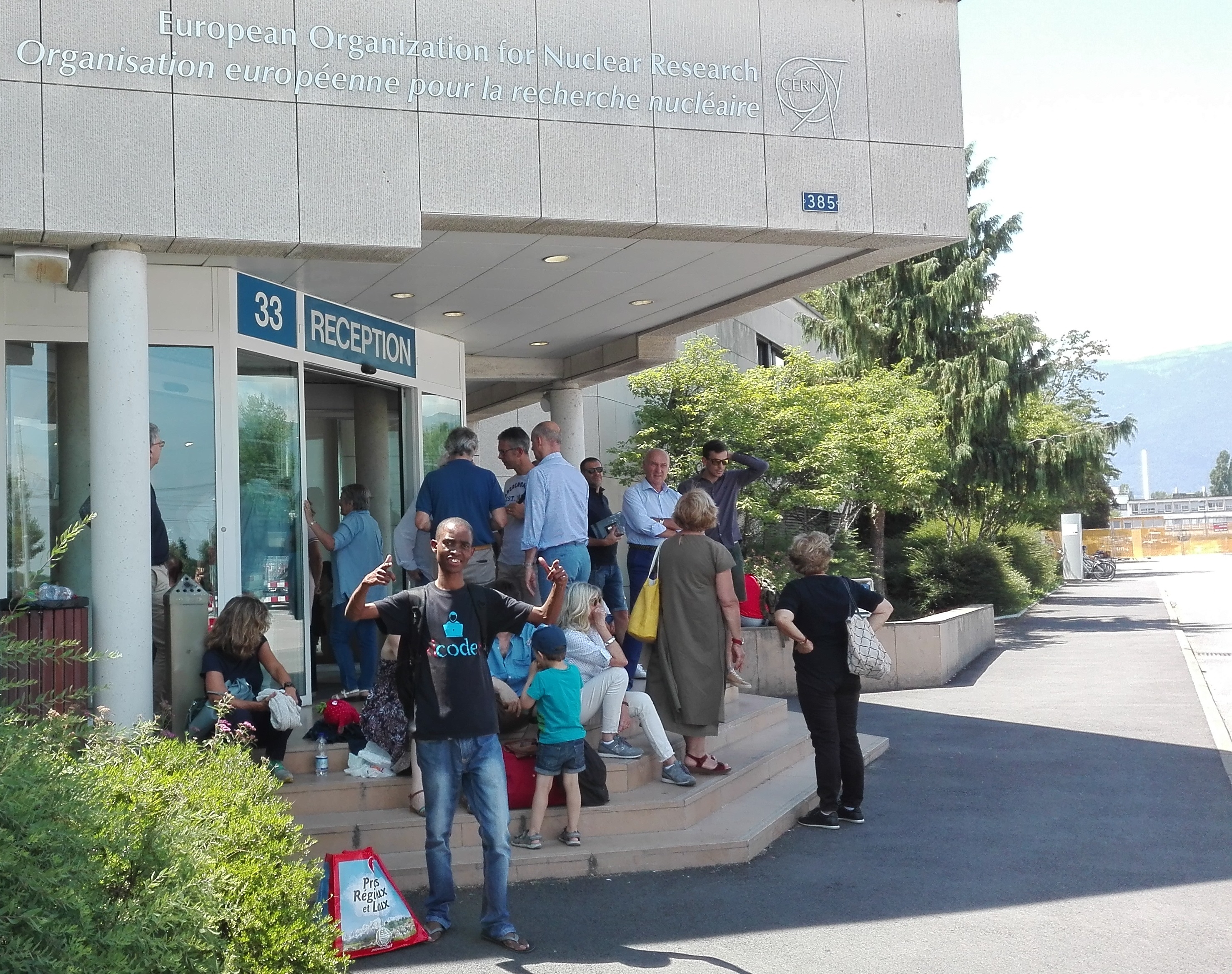 Badisa wrote to tell us about his first week at CERN. “I’m involved with a massive OS installation across ~300 nodes on a (Experimental Hall for Neutrino) computing cluster, and was assigned the tasks of integrating Cobbler with GLPI and using OCS inventory software to record Linux services and software,” he said. “Later this week, I’ll learn about ROOT, a toolkit that’s widely used in the high energy physics arena for data analysis, storage and visualization,” he added.
Badisa wrote to tell us about his first week at CERN. “I’m involved with a massive OS installation across ~300 nodes on a (Experimental Hall for Neutrino) computing cluster, and was assigned the tasks of integrating Cobbler with GLPI and using OCS inventory software to record Linux services and software,” he said. “Later this week, I’ll learn about ROOT, a toolkit that’s widely used in the high energy physics arena for data analysis, storage and visualization,” he added.
Badisa is a rising star among African undergraduate computer science students. His passion for high performance computing (HPC) has allowed him to successfully compete with graduate and PhD-level students for limited travel funds, and seats at advanced computational and data science workshops. In June, 2016 he participated in the South African HPC Winter School at the Nelson Mandela Metropolitan University and offered by the Centre for HPC (CHPC) in South Africa. In January, he attended the 7th CHPC Scientific Programming School at the Hartebeesthoek Radio Astronomy Observatory (HartRAO) where he perfected his Linux and Python skills.
While Badisa’s living expenses are covered by the CERN program this summer, he lacked support for the purchase of a round-trip flight. Badisa’s adviser, Tshiamo Motshegwa (U-Botswana), contacted STEM-Trek Director Elizabeth Leake to ask if she knew of any agencies that might support his flight. With a donation from Cray Computer Corporation this summer, STEM-Trek was able to help.
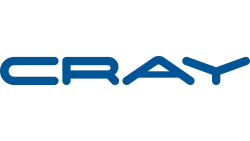 “Cray, STEM-Trek and CERN recognize that science diplomacy and a well-trained science and engineering workforce are crucial to every nation’s economy,” said Leake. “However, even with a full scholarship there can be insurmountable last-mile expenses; that’s where STEM-Trek helps when we can,” she added.
“Cray, STEM-Trek and CERN recognize that science diplomacy and a well-trained science and engineering workforce are crucial to every nation’s economy,” said Leake. “However, even with a full scholarship there can be insurmountable last-mile expenses; that’s where STEM-Trek helps when we can,” she added.
To learn more about the program and to hear testimonials from past participants, visit the CERN web site and watch this video. Find Badisa’s other postcards from CERN on the STEM-Trek site: (week 3, week 4, weeks 7&8).
This story was also featured on HPCwire, June 27, 2017.
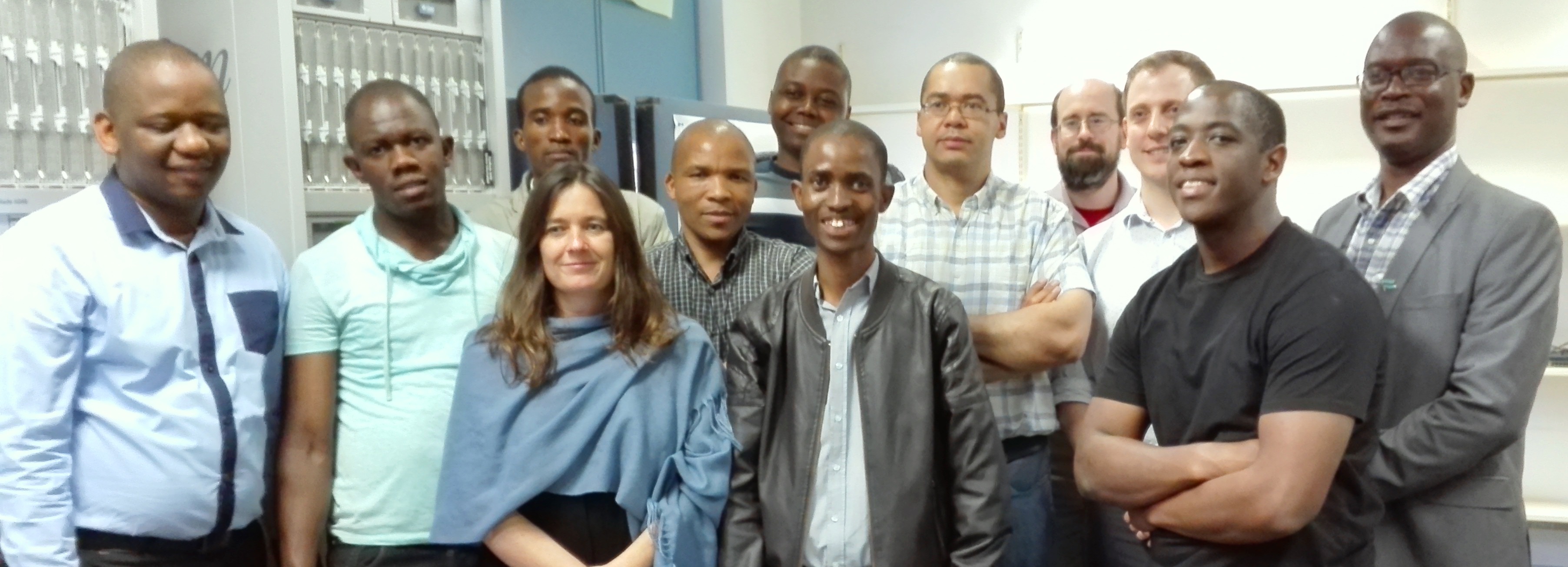
Badisa (center) with colleagues from the University of Botswana and the South African CHPC. U-Botswana Professor Tshiamo Motshegwa (far right) encouraged Badisa to apply for the program. Dr. Motshegwa is the Southern African Development Community (SADC) HPC Forum Chair.

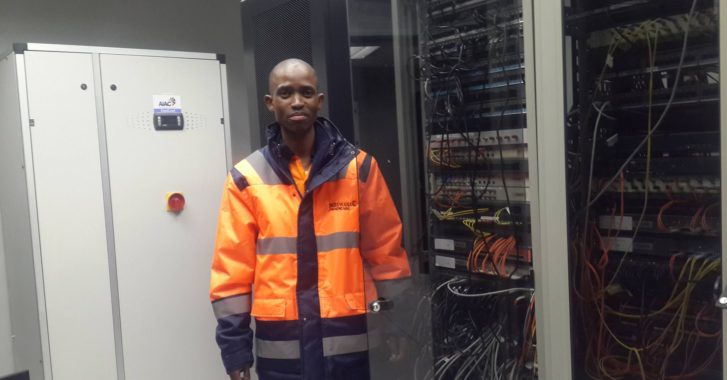
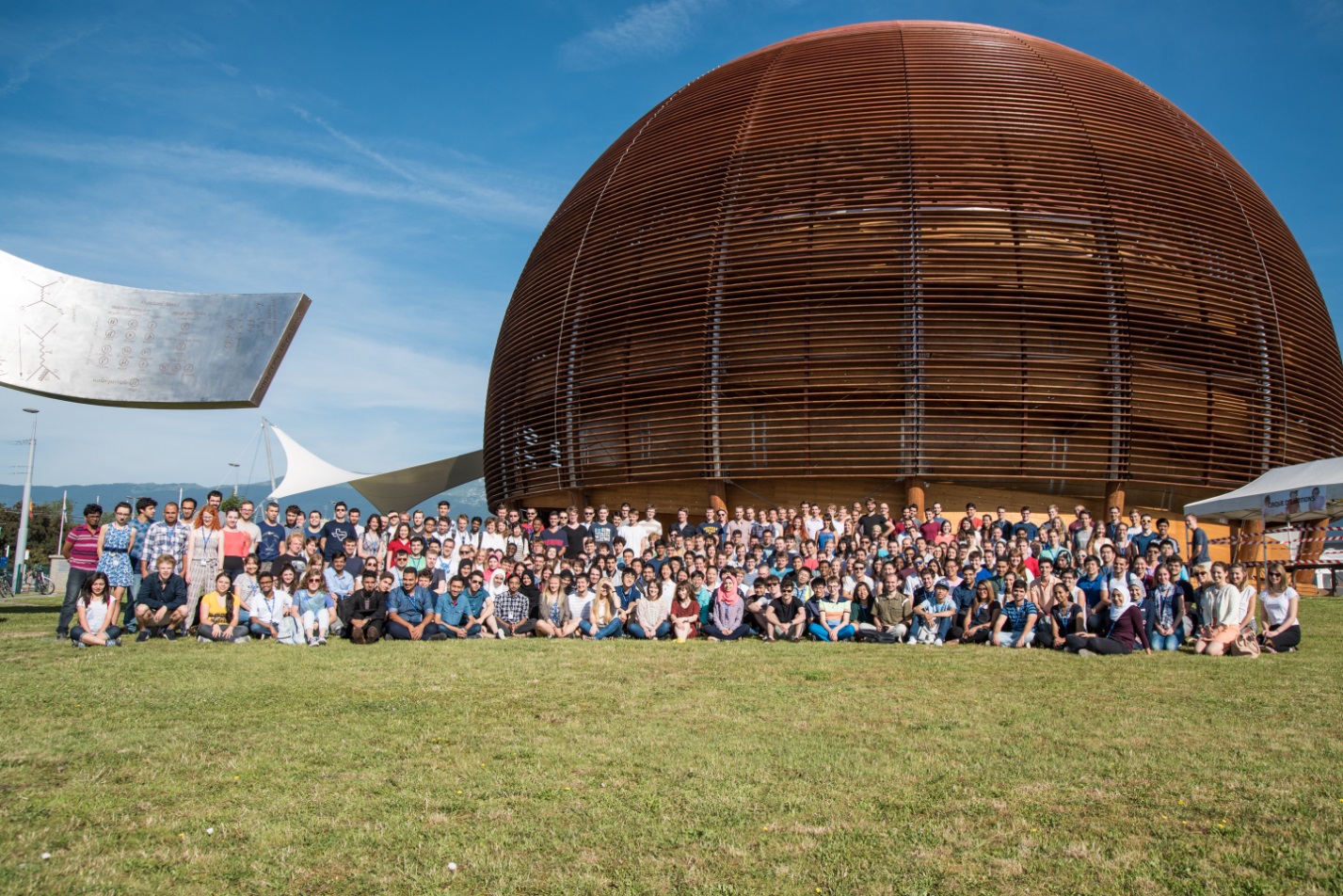

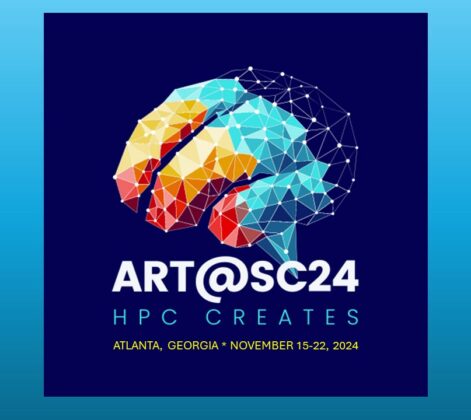

Nice to know the amazing international cooperation on scientific projects. I happened to meet Badisa in Botswana – a cheerful young man. I wish him all the very best.
Thank you, Raja. Badisa is enthusiastic and quite accomplished. It will be fun to see what he does with his career.
Elizabeth Leake
This blog contains some fairly unique and helpful information. I would be happy to read more of your blogs, so keep up the good work.
The CERN Summer Student Program 2024 in Switzerland offers a remarkable opportunity for bachelor’s and master’s students passionate about the advancement of their future careers. This fully funded internship provides an extensive learning experience and the chance to work with some of the brightest minds in the world of physics, research, and engineering.
There are additional details on my blog. To find out more, visit the website. Don’t let this chance slip away.
https://www.makeoverarena.com/cern-summer-student-program-2024-in-switzerland